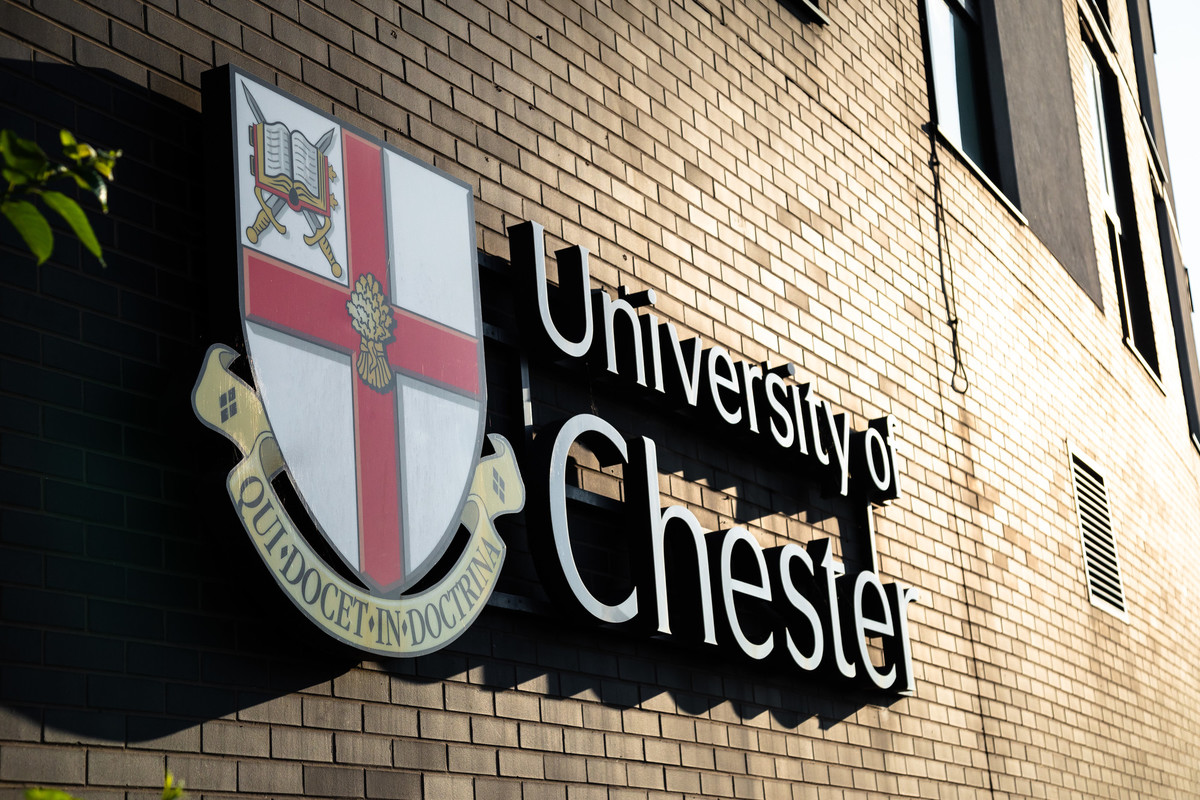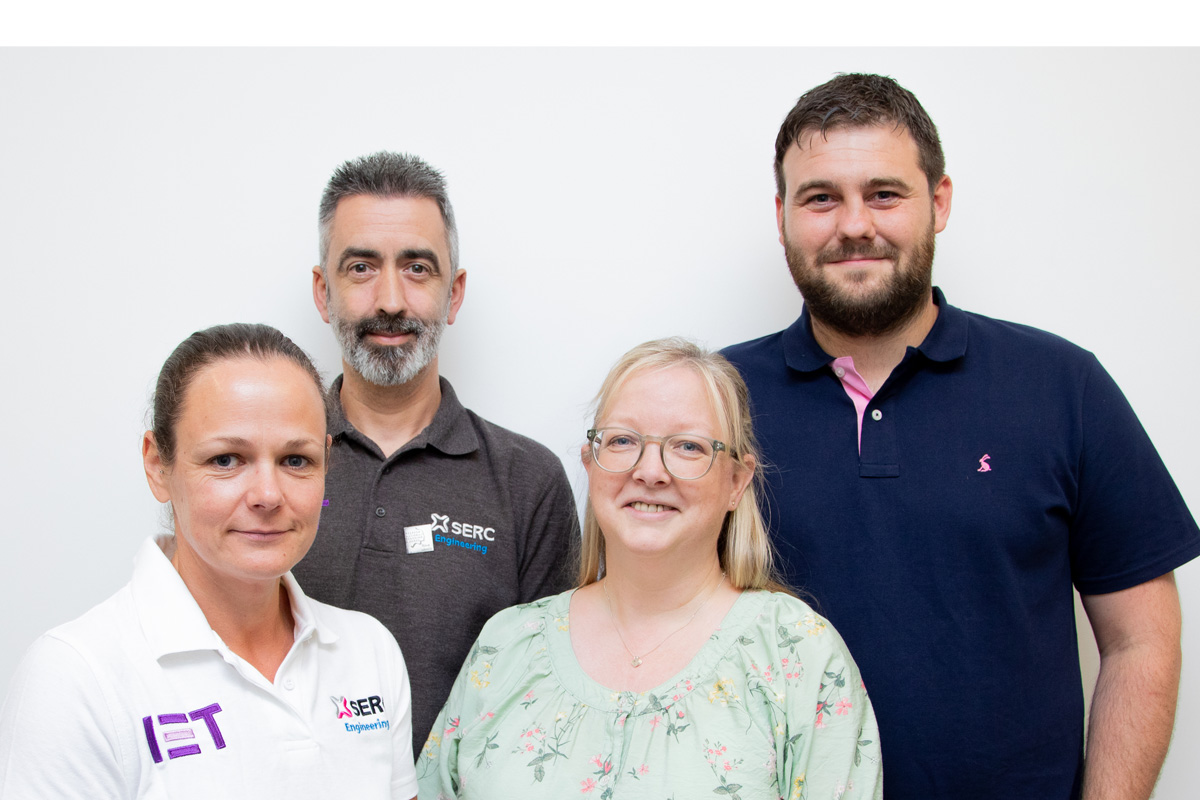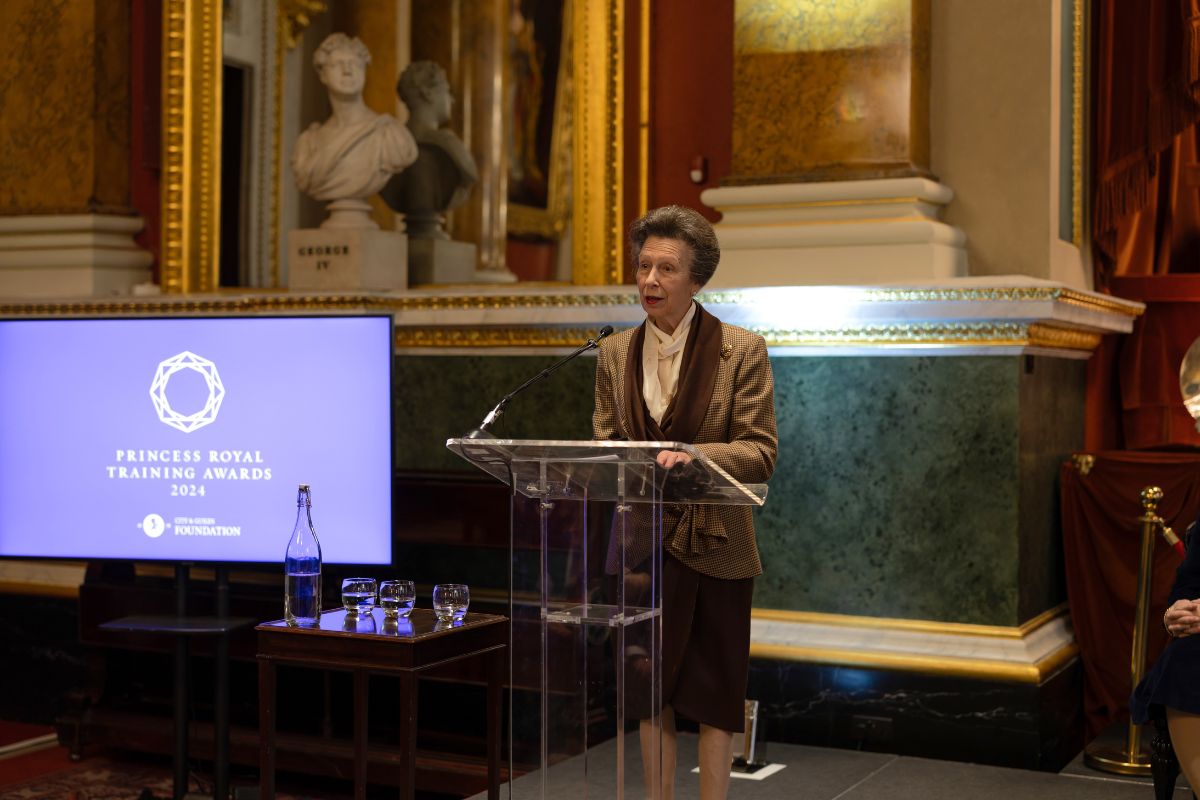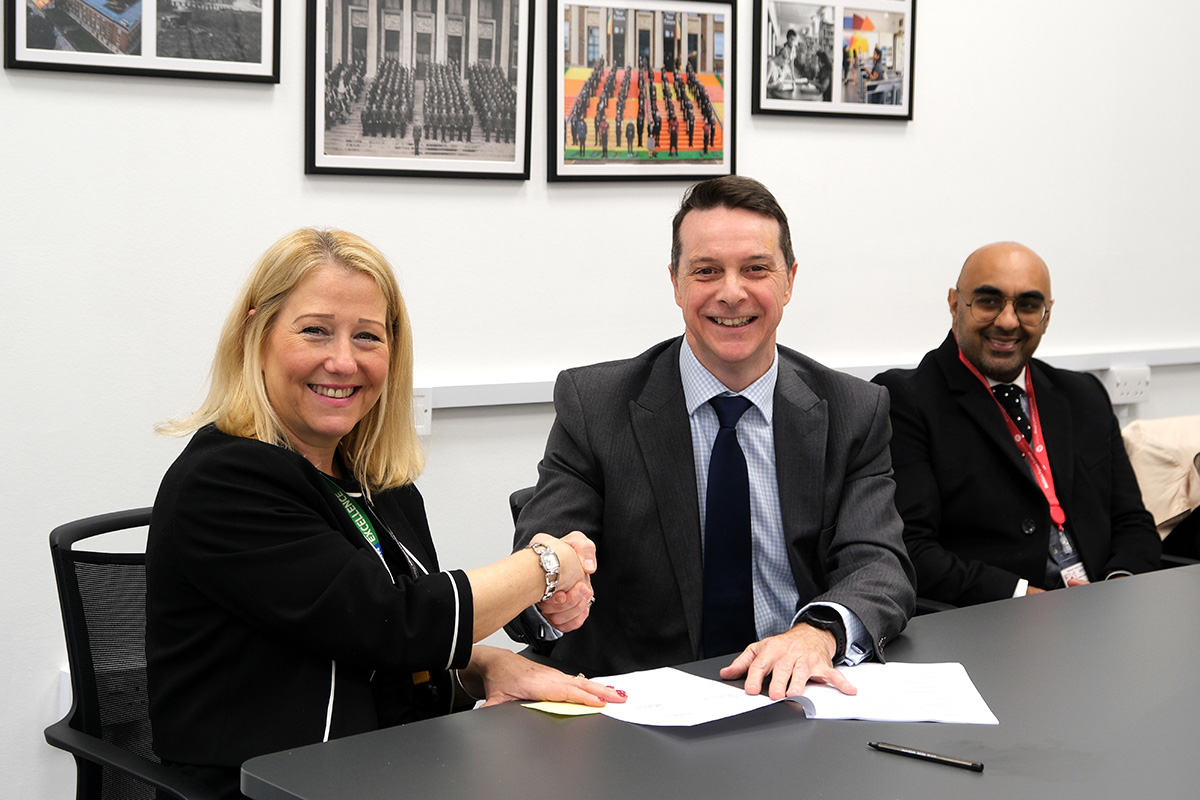University’s strengths and positive impact recognised with top ratings

New findings show that the University of Chester is in the top 20% among its peers for advancing research with partners and boosting regional growth and revival.
The University’s strengths in sharing research, education and expertise for the benefit of the wider economy and society have been highlighted in the recently published, third Knowledge Exchange Framework (KEF3).
The Framework rated the University in the top 20% for: Research Partnerships; Working with Business; Continuing Professional Development and Graduate Start-Ups, and Local Growth and Regeneration, as compared to universities in England with similar characteristics, and recognising high or very high engagement, the highest possible score, in these initiatives.
The KEF is a Research England-run, annual exercise demonstrating the impact of Higher Education Institutions by providing details on a wide range of their activities with partners across seven ‘perspectives’ of knowledge exchange.
It enables institutions to have a better understanding of their own performance, as well as providing businesses and others with more information to help them to make the most of the world-class knowledge and expertise that exists in universities.
Grouping institutions into ‘clusters’ of peers, the University of Chester was assessed in cluster J – mid-sized universities with more of a teaching focus, with research still in evidence, and academic activities across STEM (Science, Technology, Engineering and Maths) and non-STEM disciplines.
The KEF also placed the University of Chester in the top 40% for Working with the Public and Third Sector, against its peers, with the University performing at or above average for all seven perspectives.
Professor Eunice Simmons, Vice-Chancellor of the University of Chester, said:
“Sharing research and resources to contribute to our communities and beyond is a priority for us. We are delighted that this has been recognised in the results of the Knowledge Exchange Framework, and to improve our performance year-on-year.
“I would like to thank everyone at the University and our partners for the breadth of this work, its reach and significance.”
She added: “We seek to continue our mission to grow high quality activities exchanging research and knowledge, to address challenges and have a positive impact regionally, nationally and internationally.”
The ways the University seeks to share knowledge and activities and contribute to communities include:
- In support of individuals facing discrimination, the Director of Pro Bono and Community Engagement at Chester Law School leads the Community Law Project, in which student Project Managers deliver a range of free community services, including legal advice, advocacy and training resources.
- Overall, students and staff give thousands of hours of time every year in volunteering, with funding available for students to run community projects.
- The evaluation of the Armed Forces Covenant Trust’s Tackling Serious Stress Programme and delivering, in partnership, an Armed Forces Community Research International Webinar Series. This work has attracted the Ministry of Defence’s Employer Recognition Scheme Gold Award, for outstanding support of the Armed Forces community.
- In support of individuals in recovery from addictions, Chester has worked with other universities and charity, Recovery Connections, to develop a Recovery Friendly University Pledge and is providing Recovery Ally training to staff and students.
- The University’s longstanding joint working with Chester Zoo has included co-creation of world-leading conservation and sustainability education.
- Representation on the board of the West Cheshire Poverty Truth Commission, including working together on a ‘Food for All’ strategy, focused on tackling food poverty locally; and, development of a co-production hub.
- Following Warrington’s £22m Town Deal investment, the University consulted with the local authority, MPs and other stakeholders on how University Centre Warrington could add value. As a result, since 2021 the University has invested more than £6.5m in Warrington town centre.
- Signing a partnership agreement with Cheshire West and Chester Council to celebrate progress to date and outline future objectives; a public commitment to achieving shared goals to meet the evolving needs and aspirations of the local area. The One City Plan “recognises the key role the University plays in developing and retaining a highly skilled workforce, tackling the climate emergency, diversifying the residential population, and driving the local economy forward, both in terms of workers and spenders”.
- Digital on Tour has delivered digital up-skilling and technical demonstrations to more than 2,500 individuals of all ages and more than 70 businesses in Cheshire and Warrington.
- The University’s work with the IDRIC (Industrial Decarbonisation Research and Innovation Centre) consortium has resulted in the publication of a nationally significant University-led industrial decarbonisation workforce report, which will influence future skills policy.
The KEF results follow the announcement of the University maintaining its silver status in the Teaching Excellence Framework (TEF) – a key national benchmark for evaluating teaching and learning quality in Higher Education – with the TEF panel noting many examples of very high-quality practice, and highlighting several features of outstanding quality.











Responses